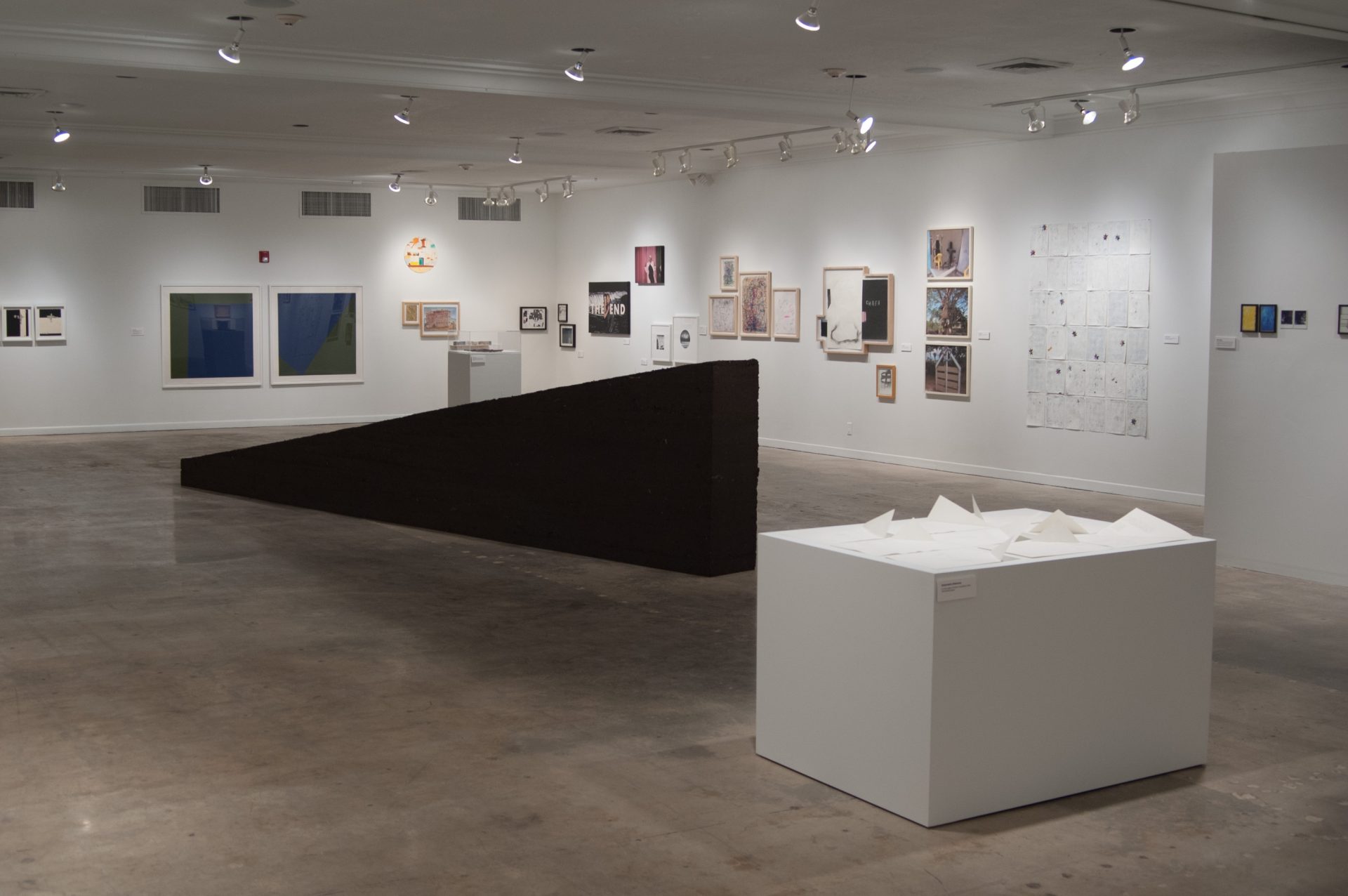It’s Not Candid Camera, It’s Random Culture:
“The Knight Arts Program is spreading culture with unannounced Random Acts of Culture events in eight cities.
It was just another winter Saturday morning at the Reading Terminal Market, an expansive food hall at the heart of this city’s downtown. Toward noon people began flocking to the restaurants in the central court, creating such a din that nobody seemed to pay much mind when the sound of recorded music floated through the air.
Knight Foundation
Dennis Scholl directs the Knight Arts Program, which sponsors the Random Acts of Culture events in eight cities.
Suddenly a man standing in line at a cheese steak stand raised his arm with a flourish and turned to the crowd. “Votre toast, je peux vous le rendre” he sang in a thrilling baritone. Before anyone could figure out what was happening — that he had launched into the “Toreador Song” from Bizet’s “Carmen” — another man leaped onto a table across the court and took up the second verse. He was joined by a third man, who had seemingly wandered in from the crowd.
And soon more than 30 members of the Opera Company of Philadelphia chorus were singing, dancing and toasting one another with coffee and soda cups, as the soloists turned the cheese steak stand into an impromptu opera stage. Around them people laughed and cried in wonderment, many of them whipping out their phones and cameras to preserve the moment.
As the music ended four people in the crowd held up signs reading, “You have just experienced a Random Act of Culture.”
Since October more than 160 such pop-up events have taken place in eight cities around the country. In Akron, Ohio; Charlotte, N.C.; Detroit; Macon, Ga.; Miami; St. Paul; and San Jose, Calif., as well as here, anyone who’s happened into the right mall, market or municipal building at the right time has been jolted from the daily grind by an eclectic range of performances, from arias and string quartets to tangos and poetry readings. The project is the first major initiative undertaken by the Knight Arts Program, begun last March by the John S. and James L. Knight Foundation.
“Everything we do revolves around the idea of weaving the arts into the fabric of the community,” said Dennis Scholl, the arts program’s director, who aims to produce 1,000 Random Acts by the end of 2013. “Our hypothesis is that people care about the arts, and if you analyze where they are and bring art to them, they will be passionate about it.”
But he added that, in contrast to most flash mob performances, “we’re taking incredibly talented professionals and putting them into the streets.”
The passion he speculated about is evident on YouTube, where professionally shot videos of Random Act events have become something of an Internet sensation. The biggest hit by far has been the Oct. 30 performance of Hande’s “Hallelujah” chorus, also organized by the Philadelphia opera, for which more than 650 singers burst into song in the Grand Court of Macy’s Center City accompanied by the store’s legendary organ. The clip now has over seven million views and has inspired countless other “Hallelujah” flash performances around the world.
“That’s the beauty of the Web,” Mr. Scholl said. “You can create a sense of community that isn’t geographic.”
Founded in 1950 by the scions of the Knight newspaper chain, the Knight Foundation is probably best known for financing digital innovation in journalism. Yet its overarching mission is “to create informed and engaged communities” in the 26 cities where the company had newspapers in 1991, the year James L. Knight died, focusing primarily on the eight “Random Acts” towns, where Knight maintains individual program offices.
The seeds for the arts program were already germinating in 2007, when the foundation’s president, Alberto Ibargüen, embarked on a three-year survey, known as “Soul of the Community,” with Gallup to ascertain how people become attached to their locales. What he learned, Mr. Ibargüen said, radically countered his preconceptions.
Especially after the 2008 recession, “I would have expected jobs to be the No. 1 reason people were attached to place,” he said, “or political or civic engagement.” Instead the top three factors turned out to be how many opportunities a community offers for socializing, its openness to different types of people and its aesthetic surroundings. Knight is always on the lookout for ways to “bring people together to share experience,” Mr. Ibargüen said, and the survey “supported our notion” that the arts were a good way to do it.
To head the program, which disbursed over $15 million worth of grants last year, he tapped Mr. Scholl, the director of the Miami community program. A contemporary-art collector, Mr. Scholl has a long history as a visual arts patron. And he was already overseeing the Knight Arts Challenge, which since 2008 has invited people in Miami to suggest projects they’d like to realize, and has financed the winning ideas.”
This article has been revised to reflect the following correction:
Correction: February 5, 2011
A photograph caption with an earlier version of this article misttated Dennis Scholl’s title.
(Via NYT > Arts.)

